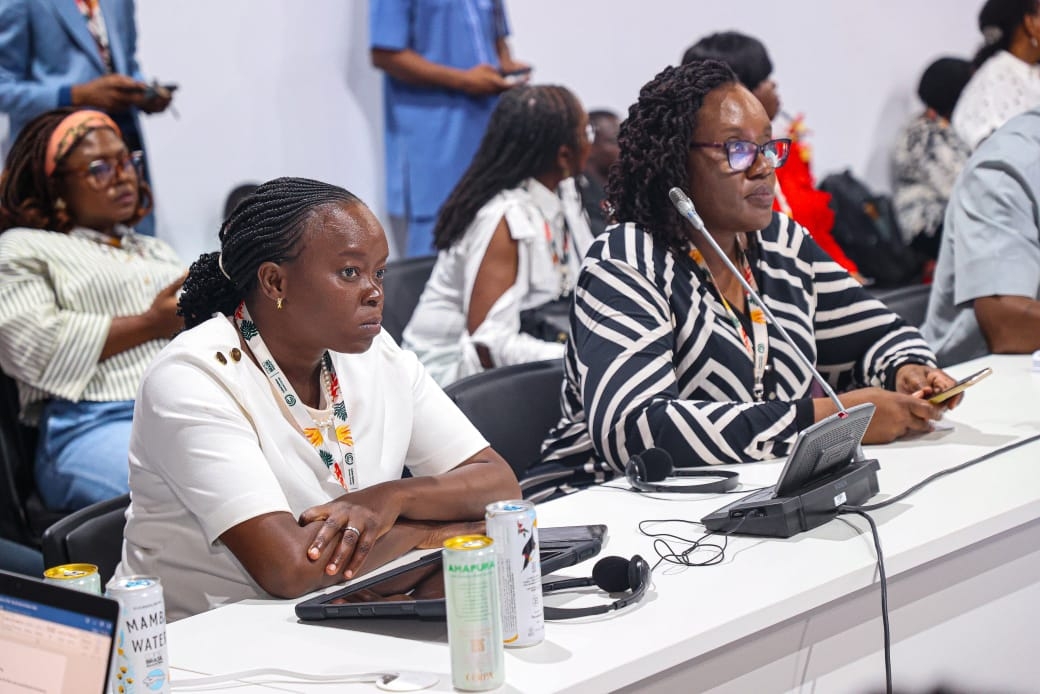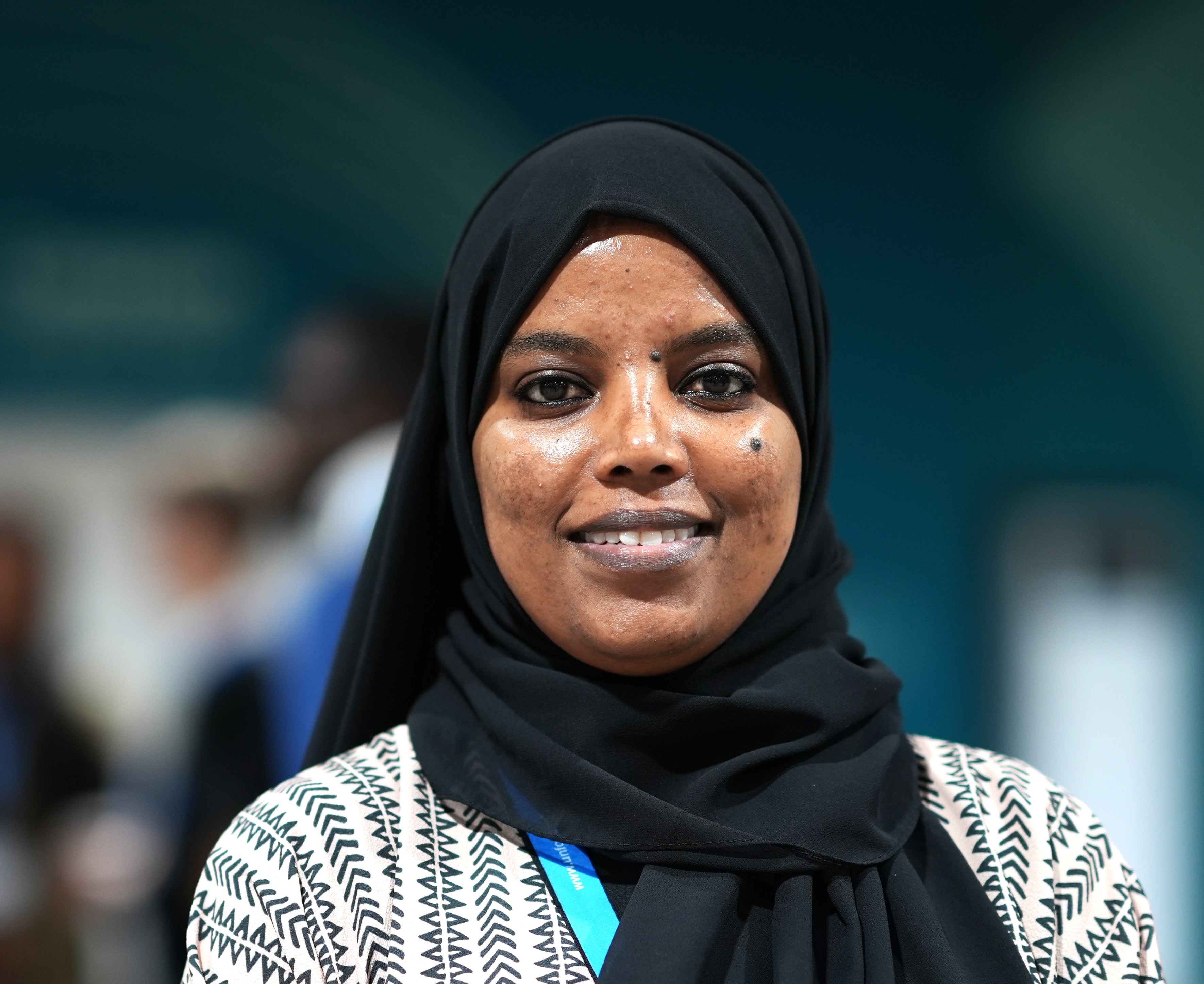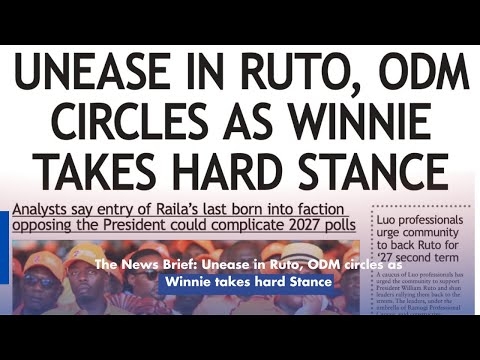

As
COP30 enters the final and most crucial stage, discussions on Article 9 of the
Paris Agreement will be one of the main battlegrounds, capable of making or
breaking the ongoing climate talks in Belém, Brazil.
Specifically, the first paragraph of the article legally obligates developed countries to provide developing countries with public financial resources to facilitate mitigation and adaptation actions.
This obligation was further reaffirmed by the ruling in July by the International Court of Justice (ICJ), which underpinned the urgency to prevent further climate harm and save lives and livelihoods through ambitious climate action and finance.
In Belém, civil society organisations wanted world nations to implement the article as a binding obligation for developed countries.
For years, Africa and other developing nations have insisted that climate funds will flow where they are needed the most only if the article is made operational.
Controversy over the implementation of the article has been more acute in recent years, with this year expected to provide the way forward.
In a note sent out to delegates on Tuesday, COP30 President André Corrêa do Lago said he would be consulting ministers to ‘‘to progress toward agreement.’’
The multilateral climate regime was born out of hope and the spirit of collaboration that the world can coordinate better to address the ongoing planetary crisis, given the universal nature of its threats to humankind and ecosystems.
This philosophy is cemented by the critical and universally accepted legal frameworks, including the United Nations Framework Convention on Climate Change (UNFCCC), its Kyoto Protocol, and the Paris Agreement.
These frameworks are anchored on key foundational principles of intergenerational equity and Common But Differentiated Responsibilities and Respective Capabilities (CBDR-RC) in line with specific national and regional development priorities, objectives, and circumstances.
The frameworks imply that developed countries, responsible for the largest share of historical and current global emissions of greenhouse gases, are legally obligated to take the lead in combating climate change and its adverse effects by reducing their emissions. But also providing finance to poor, climate-vulnerable nations to initiate low-carbon development and economies.
Public finance provision by wealthy nations remains the cornerstone of climate action due to its predictability, ‘‘softness’’, known as concessionality, and effectiveness in supporting adaptation and loss and damage needs, in line with the principles of CBDR-RC and equity. These public finances are channeled through various sources, including bilateral, multilateral, and designated multilateral climate funds.
Think of public climate finance as the foundation and skeleton for a new, and resilient building in a challenging environment. This foundation provides stability and initial strength, especially where the ground is wobbly due to the high risks involved, and, in the case of adaptation and loss and damage needs, low commercial viability.
The skeleton represents catalytic public investments such as grants and guarantees that enable other builders, such as private finance, to safely access and contribute to the structure, even in difficult-to-reach areas. Without this public framework, the building – or sustained climate action – would be difficult to realise.
It would also be too risky for most to invest in, leaving frontline communities vulnerable to the rising storms of climate change.
Despite this recognition, the international public finance flows provided have been declining over the years. The bulk of this funding is drawn from the already inadequate and shrinking Official Development Assistance (ODA).
This diverts resources from critical development priorities among poor and climate-vulnerable countries.
Additionally, these limited flows are primarily delivered in low-quality climate finance in form of project-based and debt-creating instruments at market rates, thus compounding developing countries’ debt burden.
Meanwhile, weak transparency and accountability mechanisms make it difficult to determine and track the quantity and quality of the finances reported.
The prevailing geopolitical shifts since COP29, buttressing trade wars, rearmament, climate denial and national interest over multilateralism have further crashed international public finance.
In the long run, these trends translate to extreme vulnerabilities for communities in developing countries like Kenya, as their governments spend more money on interest payments and debt servicing than on investment in climate and socioeconomic safety nets.
There is also a general view of laxity conditioned by the lack of political will from developed countries to take concrete actions and comply with their legal obligations, leading to an erosion of trust over time.
The New Collective Quantified Goal (NCQG) agreed at COP29 in Baku, Azerbaijan, perpetuates this enduring climate injustice by shifting discourse from climate finance provision by developed countries to mobilisation of loan-based financing by the private sector and multilateral development banks.
This not only deflects the core obligation of developed countries to provide public, grant-based finance, but also risks deepening already unsustainable debt burdens and structural inequities.
It is against this backdrop that developing countries under the G77+China bloc proposed a new agenda item during SB62 in Bonn to assess and track the implementation of the public finance provision component.
This stems from their
deep concerns that the current framework dilutes fragments and shifts
provisions of Article 9.1 across numerous finance-related agenda items, while preventing
a focused discussion on its legal obligation.
This was discussed in an informal consultation format which highlighted a fundamental split in views regarding the best institutional approach to advance the public climate finance agenda.
These consultations have been at the centre of discussions in Belem, and the Presidency must demonstrate leadership to bridge some of these fundamental divergencies.
Brazil must also undertake political management of the process, especially climate finance discussions, to avoid agenda fights.
In the past, consultations at the COP presidency level have proven effective in addressing contentious political issues by unlocking impasses in technical discussions, often through inclusion and transparency.
The Presidency must, therefore, uphold that guaranteed public finance provision remains a fundamental and integral part of the Paris Agreement and the climate regime.
It must also uphold the fact that public finance isn’t a voluntary provision by developed countries but a specific and binding legal obligation for them.
Public finance serves as the bridge between ambition and implementation. Developing countries cannot increase their climate ambition, fulfil their Nationally Determined Contribution (NDCs), or advance transformation without adequate, predictable, and accessible grant-based and highly concessional resources.
Public finance is also essential for ensuring equity and restoring trust in the climate process, especially given concerns about increasing reliance on private sector finance and loans that induce debt.
Indeed, the failure of developed countries to comply with the obligations of Article 9.1 leads to an unbalanced implementation of the provisions of the Paris Agreement.
As such, the Presidency must provide a political signal that ensures the necessary institutional visibility, prioritisation, and implementation of Article 9.1 in Belem and beyond.
Achieving this will be a first step to reviving
multilateralism, seen to be on the brink of collapse if current trends
continue.
Saada Mohamed is a Climate Finance Associate at Power
Shift Africa

















